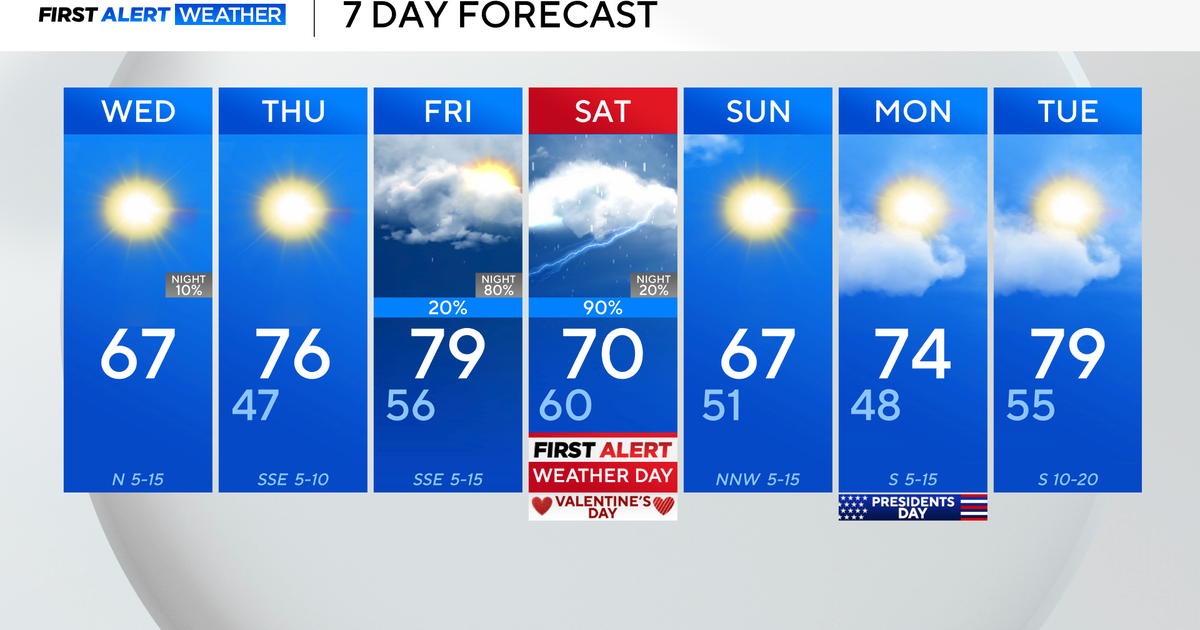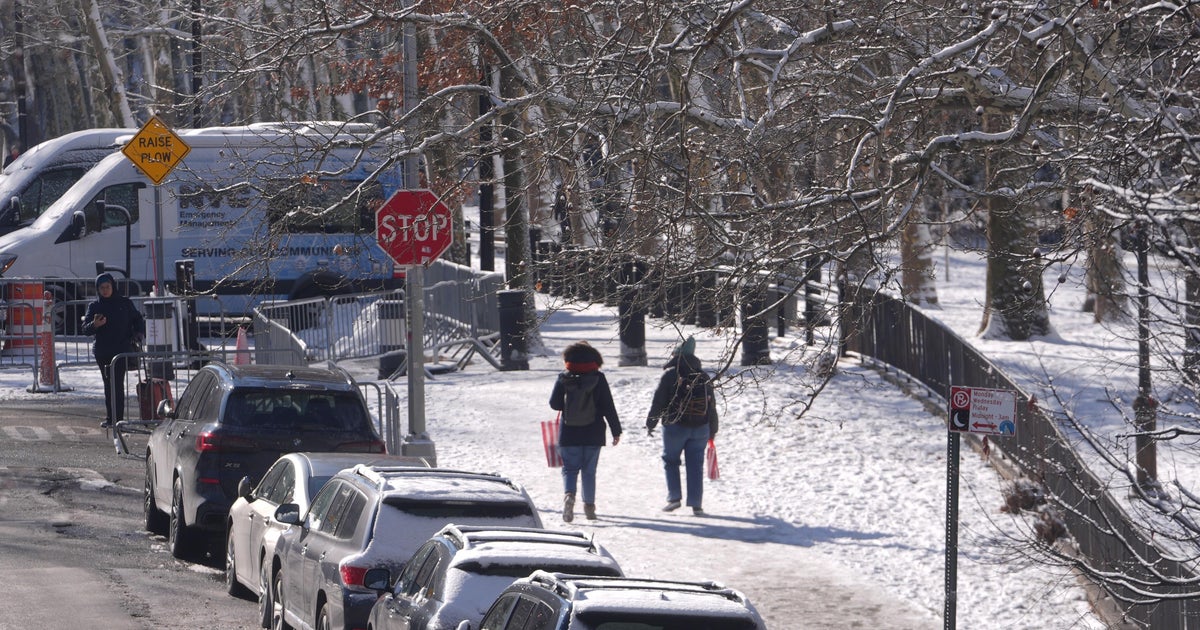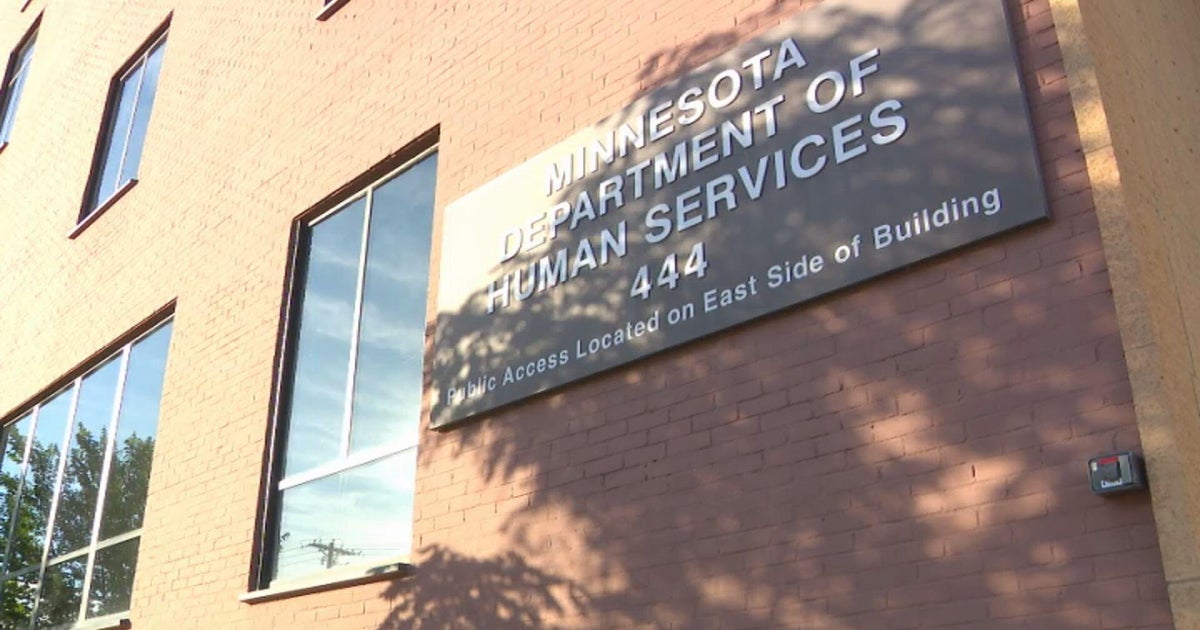Good Question: How Do They Activate Severe Weather Sirens?
MINNEAPOLIS (WCCO) -- Some of you might have been a bit surprised to hear the severe weather sirens sound Thursday afternoon and evening. The sirens went off as a drill, part of Severe Weather Awareness Week to get us thinking about what to do when bad weather hits.
Whether it's a test or the real thing, many rely on the sirens to warn them. So how are they actually triggered?
Minnesotans know the drill -- the first Wednesday of every month and the sirens go off at 1 p.m. The tests are three minutes in total. The first is a steady alert tone for severe weather, the second is a moment of silence, and the third is a rising and falling attack tone. The third minute is one that most have only heard in test mode.
"If we were to use that, it would be pretty bad," said Eric Waage, the director of Hennepin County Emergency Management.
One example of a reason to use the attack mode siren would be for a missile attack, which is actually why the "first Wednesday of the month" drills actually started.
"That's a tradition that's earlier than my career, and I'm kind of old," Waage said.
The tests began in the Cold War, but in the 1960s, Minnesota's sirens transitioned to use during severe weather, first sounding during the deadly 1965 tornado outbreak.
In much of Minnesota, the cities own and maintain the sirens, and the county sets them off. In Hennepin County, they sound automatically during a tornado warning.
"We only sound for tornado, not severe thunderstorm warnings," Waage said.
Otherwise, there's the option for manually setting the sirens off, working alongside the National Weather Service and Hennepin County's own meteorologist.
"We also sound them for straight line winds...We sounded extremely unusually, a few years ago, for extremely large hail," Waage said. "Because it's all about life saving, not property damage."
Technology helps Hennepin County better pinpoint where to alert. However, many other counties still only have countywide alerts.
The tests also show which sirens failed to be activate. Winter isn't always great for the sirens' batteries. If there's a problem, the cities will usually fix them within a few days, so they're ready when necessary.
The head of the state's emergency management said he hopes Minnesotans use the drills to think about our emergency plan, phone list and kit in case severe weather impacts our families.







